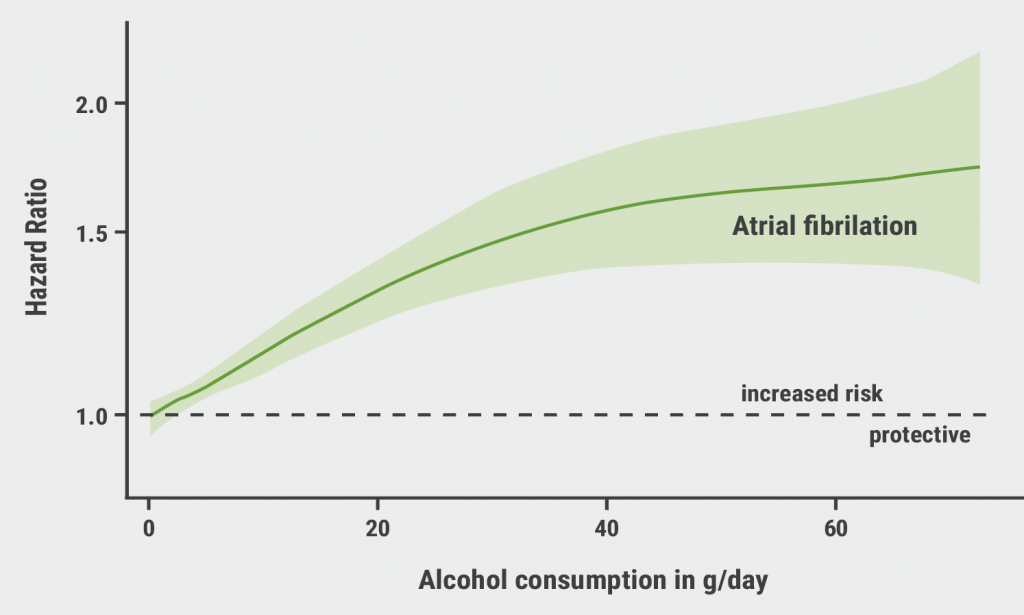The MitraClip was approved by the U.S. Food and Drug Administration for treatment of selected heart failure patients with severe secondary MR after the release in 2018 of the COAPT results (Cardiovascular Outcomes Assessment of the MitraClip Percutaneous Therapy for Heart Failure Patients with Functional Mitral Regurgitation), said Dr. Gregg Stone of the Icahn School of Medicine at Mount Sinai in New York City. He told Reuters Health by email, "Guidelines have been revised to recommend this treatment for this purpose in appropriate patients, and the Centers for Medicare and Medicaid Services is now providing reimbursement."
"As a result, use of the MitraClip...has been steadily increasing," he said. "Questions still remain as to whether all patients receive the same degree of benefit. We examined whether women, who always have different presentations and comorbidity profiles, and often respond differently to therapies than men, would benefit to the same degree."
As reported in JACC: Heart Failure, 614 patients (mean age about 71; 35% women; about 75% white) were randomized to TMVr with GDMT or GDMT alone.
Among patients treated with GDMT alone, men had 197 HFHs per 269 patient-years of follow-up (73.1% HFH rate per year), whereas women had 102 HFHs per 185 patient-years of follow-up (55.1% HFH rate).
Among patients treated with TMVr, men had 98 HFHs per 322 patient-years (30.5% HFH rate per year), whereas women had 71 per 168 patient-years of follow-up (42.4% HFH rate).
In a joint frailty model accounting for the competing risk of death, the 2-year cumulative incidence of recurrent HFHs was higher in men compared with women in the GDMT-alone group, and similar between sexes in the TMVr group. However, the relative reduction in HFHs with TMVr was greater in men (HR: 0.43 vs. 0.78).
A significant interaction between time from treatment and TMVr versus GDMT-alone treatment was present for all HFHs in women (HR, 0.57 and HR, 1.39 between 0-1 year and 1-2 years after randomization, respectively). No such interaction was seen for men (HR, 0.48 and HR, 0.33).
After adjustment, at 2 years, female sex was not independently associated with a difference in the risk for the time to first HFH (HR, 0.84). but it was associated a lower adjusted risk of death (HR, 0.64).
TMVr consistently reduced 2-year mortality compared with GDMT alone, irrespective of sex.
Dr. Stone said, "Further studies are required to understand these findings, and to optimize outcomes in women with heart failure and severe MR."
Dr. Richard Kovach, Chair, Interventional Cardiology at Deborah Heart and Lung Center in Browns Mills, New Jersey, commented in an email to Reuters Health, "No question, clinicians should be doing TMVrs (MitraClip) right now in appropriate patients. That being said, more research is always useful and valuable for new and emerging technologies."
"Beyond this study," he said, "my own personal experience and opinion is that some clinicians are referring patients with severe MR for TMVr too infrequently and too late along the disease process and timeline in order to realize maximum long-term benefit from the procedure.
"When patients present with NYHA class IV heart failure, along with either severe primary (degenerative) or secondary (functional) MR and a severely dilated cardiomyopathy, it is often too late for us to do anything about the valve," he noted.
"Whether some patients with severe MR might actually benefit from earlier intervention is one area where I see a need for more research," he added. "If several valves go bad in a car engine, is it better to repair or replace them early on, rather than waiting for the entire engine to be destroyed?"
SOURCE: https://bit.ly/3jVZ2Uw JACC: Heart Failure, online August 11, 2021.
By Marilynn Larkin
Posted on
Previous Article
« Gastric cardia culprit in Barrett’s esophagus, transformative mechanism identified Next Article
Breast cancer screening at 40 aids childhood cancer survivors treated without chest radiation »
« Gastric cardia culprit in Barrett’s esophagus, transformative mechanism identified Next Article
Breast cancer screening at 40 aids childhood cancer survivors treated without chest radiation »
© 2024 Medicom Medical Publishers. All rights reserved. Terms and Conditions | Privacy Policy
HEAD OFFICE
Laarderhoogtweg 25
1101 EB Amsterdam
The Netherlands
T: +31 85 4012 560
E: publishers@medicom-publishers.com



